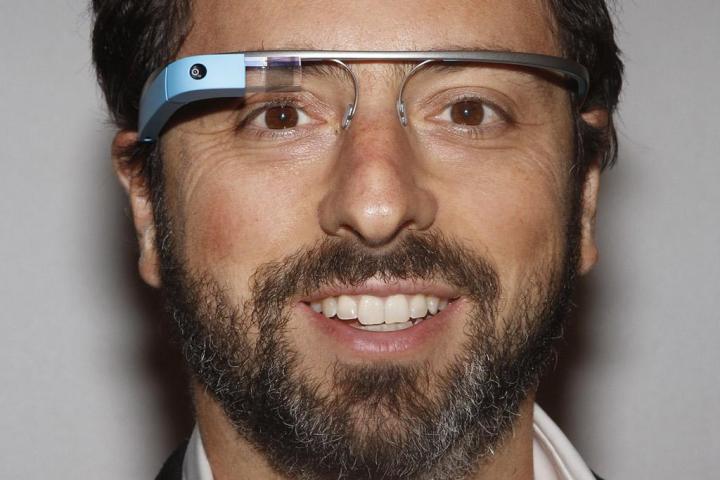
Whether its Explorers have been acting oddly out in the field or Google is simply anticipating anti-social behavior from future users of its Glass device isn’t entirely clear, but the Mountain View company has nevertheless felt compelled to publish a list of do’s and don’ts for wearers of its head-mounted computer, presumably in an effort to prevent it from becoming dragged down by negative publicity when it finally hits the market.
Drawn up after speaking with its army of Explorers currently testing its Glass gadget, the etiquette list comprises a varied set of recommendations, ranging from the I hadn’t thought of that to the downright bleedin’ obvious.
Among the do’s, for example, Google suggests you ask for permission before using the device’s camera – “standing alone in the corner of a room staring at people while recording them through Glass is not going to win you any friends,” the company helpfully explains.
Don’t ‘Glass-out’
Moving swiftly on to the more entertaining don’ts list, the Web giant urges users not to “Glass-out.” Glass, it says, was built for short bursts of information, “so if you find yourself staring off into the prism for long periods of time, you’re probably looking pretty weird to the people around you.” In other words, “don’t read War and Peace on Glass,” the company says.
For those lacking in common sense, Google suggests wearers refrain from taking part in high-impact sports, an activity that could result in your face-based computer causing a nasty face-based injury.
Be prepared for questions
Google is clearly mindful that all early adopters are essentially ambassadors for its new gadget, warning wearers that they will get attention, with the company urging users to “be patient” with strangers who approach with questions rather than telling them where to go.
“If you’re worried about someone interrupting that romantic dinner at a nice restaurant with a question about Glass, just take it off and put it round the back of your neck or in your bag,” it recommends, though you might also think about why you’re wearing Glass during a ‘romantic’ meal – unless you’re checking the latest sports scores, of course.
Glasshole
There’s one don’t in the list that kind of covers everything: don’t be a Glasshole. Google suggests you be polite, respect others and don’t snap at people who ask you about that strange contraption wrapped around your head.
Finally, “if you’re asked to turn your phone off, turn Glass off as well – breaking the rules or being rude will not get businesses excited about Glass and will ruin it for other Explorers.”
Of course, there was a day long ago when the first mobile phone users provoked ridicule from regular folk on the street, though Google is apparently hoping its etiquette list will go some way to giving Glass the best possible start when it becomes more widely available later this year.
Editors' Recommendations
- How to view Instagram without an account
- The most common Skype problems and how to fix them
- How to get Android apps on a Chromebook
- The first Google Pixel 9 Pro hands-on photos are here
- Best Google Pixel deals: Save on Pixel 8, Pixel Buds, and Pixel Watch